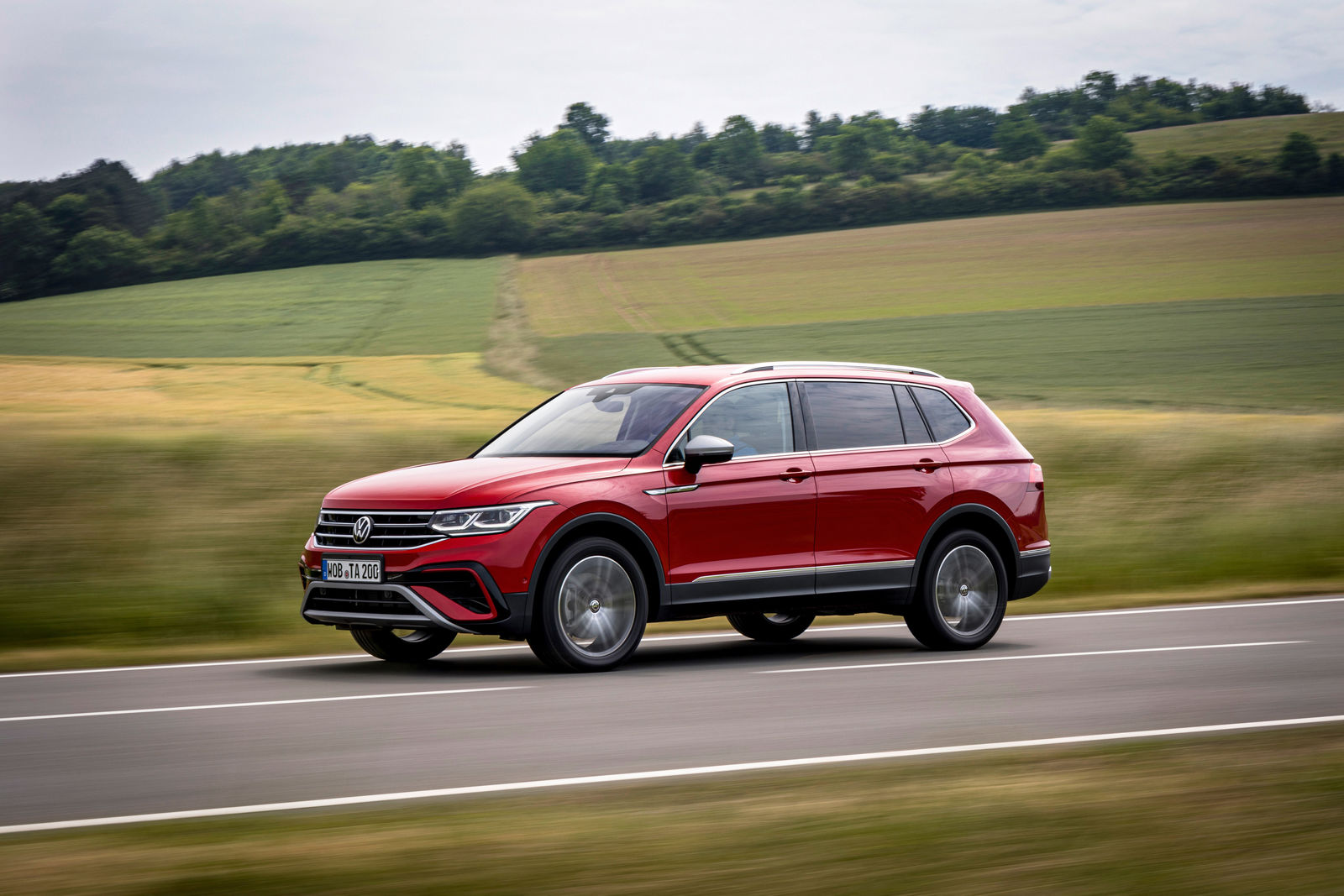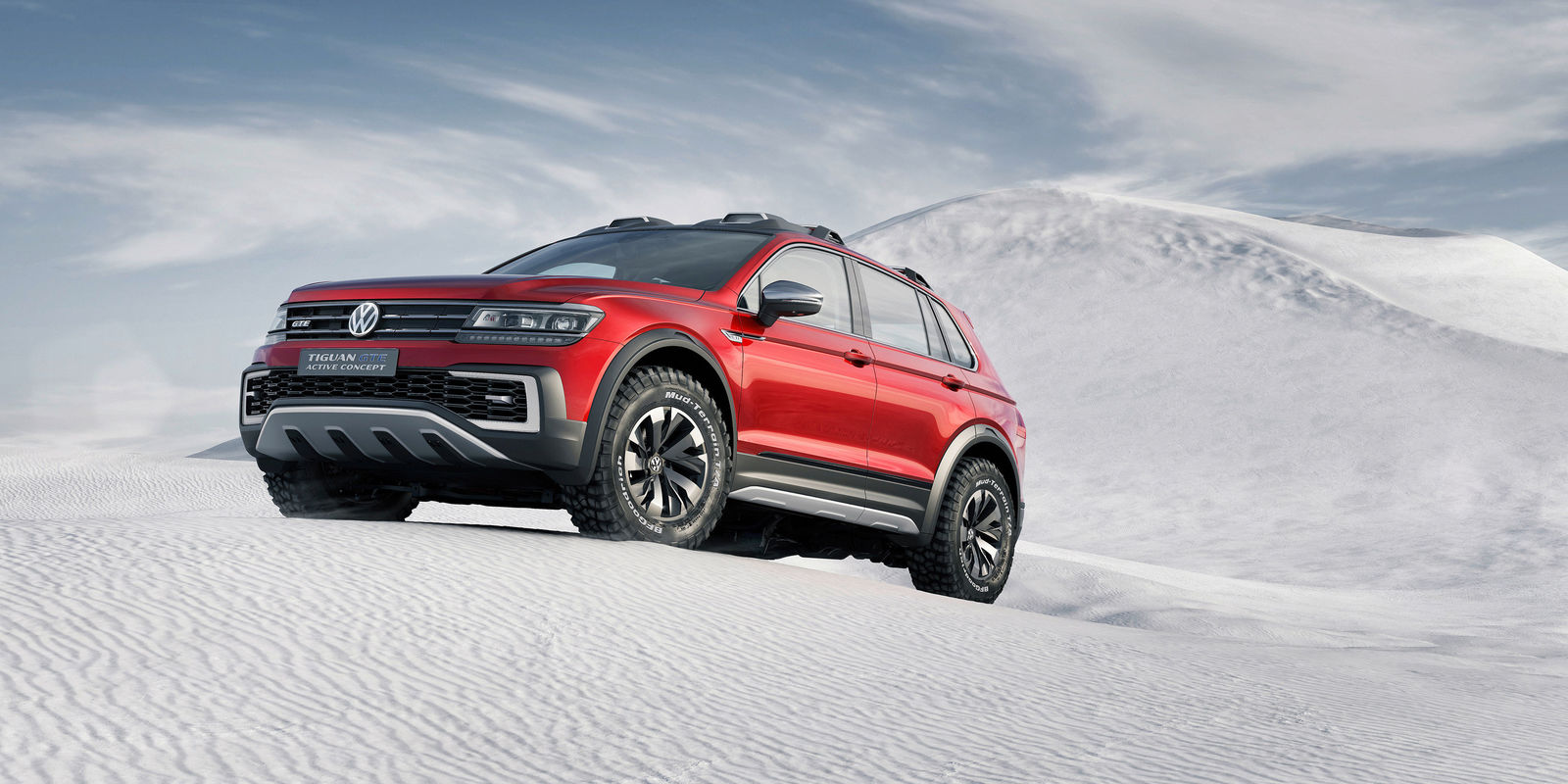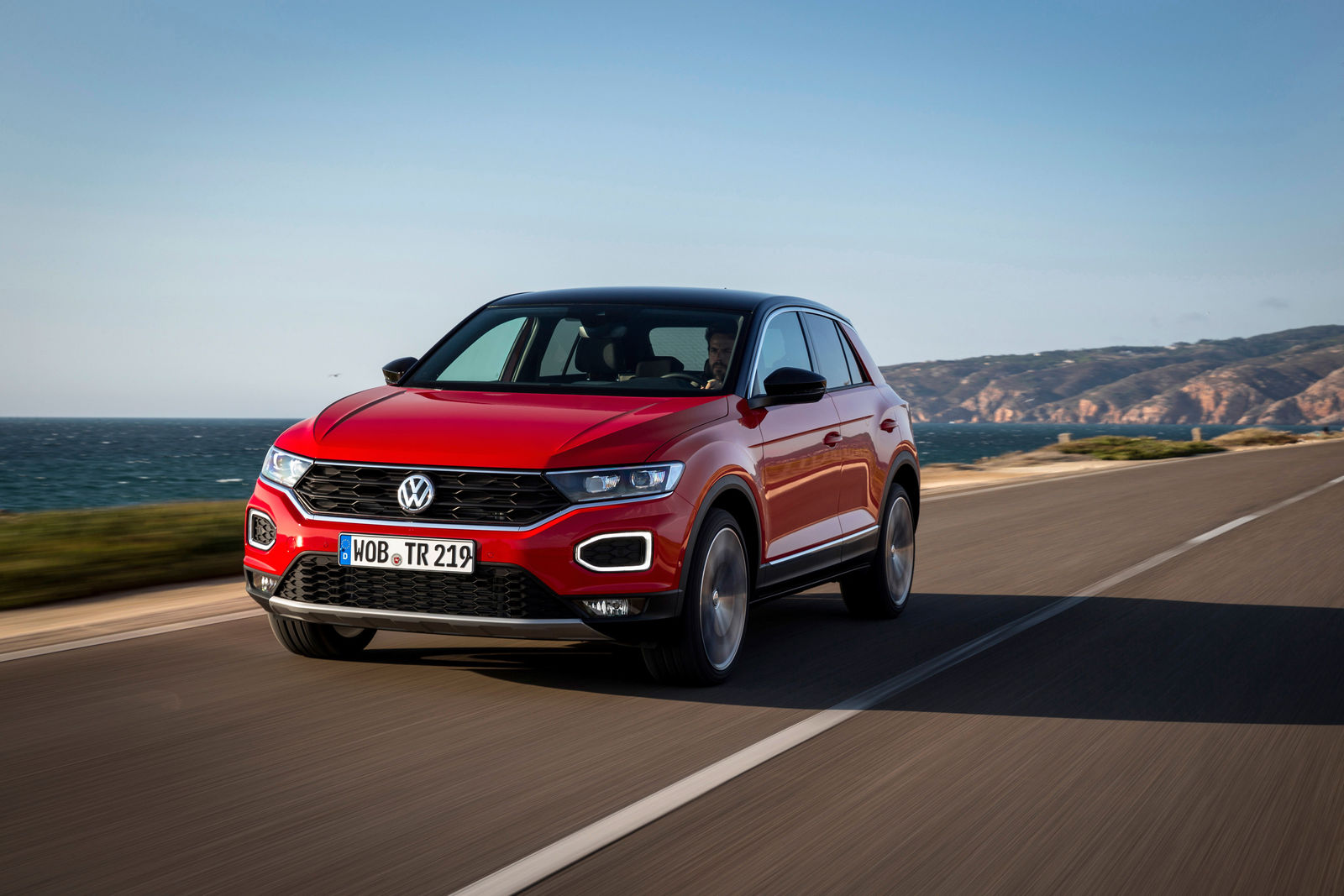Together with the Taigo, T-Cross, Tiguan, Tayron and Touareg, the T-Roc is a member of one of the largest families of SUV vehicles in Europe. Positioned between the more compact T-Cross and the larger Tiguan, the T-Roc has not only become one of the most successful Volkswagen models since 2017, but also one of the Group’s best-selling models year-on-year. Now in its second generation, the five-seater SUV all-rounder has the potential to further build on its position within the brand, the Group and the wider competitive environment. So, why is that? Following on from the latest Tiguan (debut in 2024) and Tayron (debut in 2025), the new T-Roc is the third Volkswagen SUV to be based on the latest stage in the evolution of the modular transverse matrix: the MQB evo. And that’s what sets it apart. Thanks to the MQB evo, the T-Roc brings a new level of technology to the compact SUV segment.







